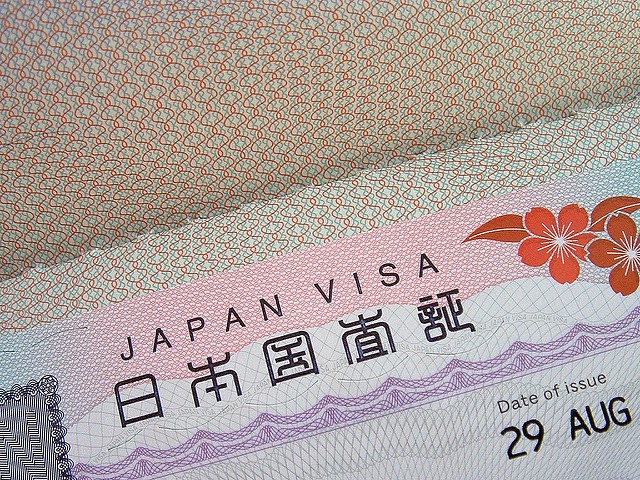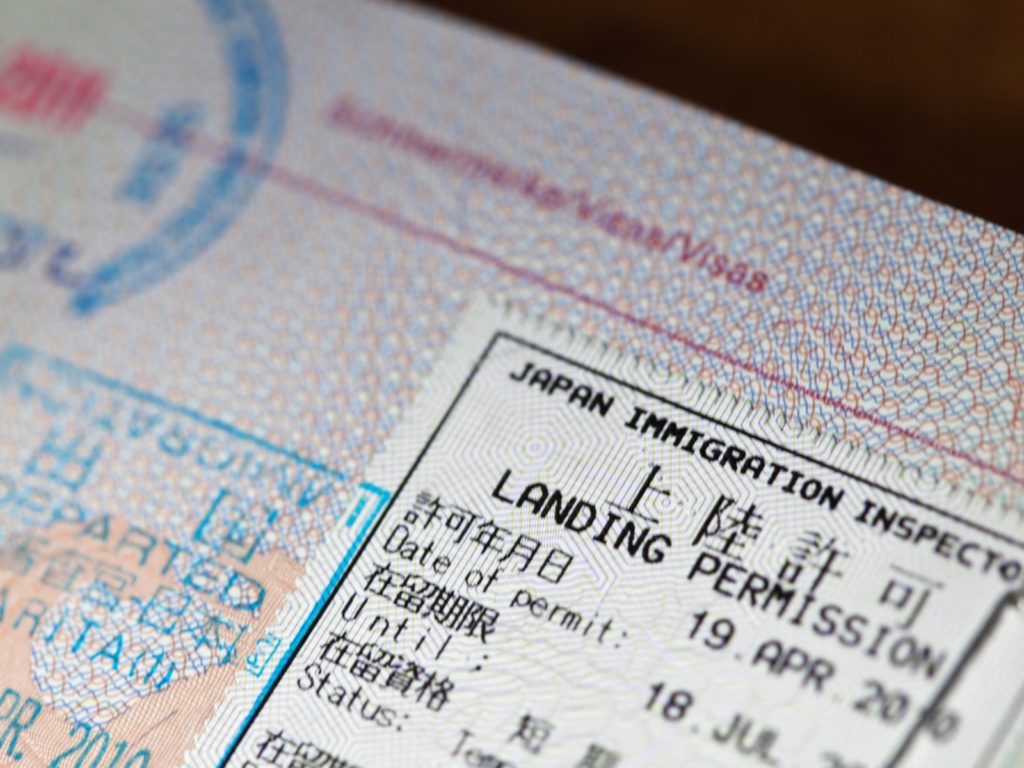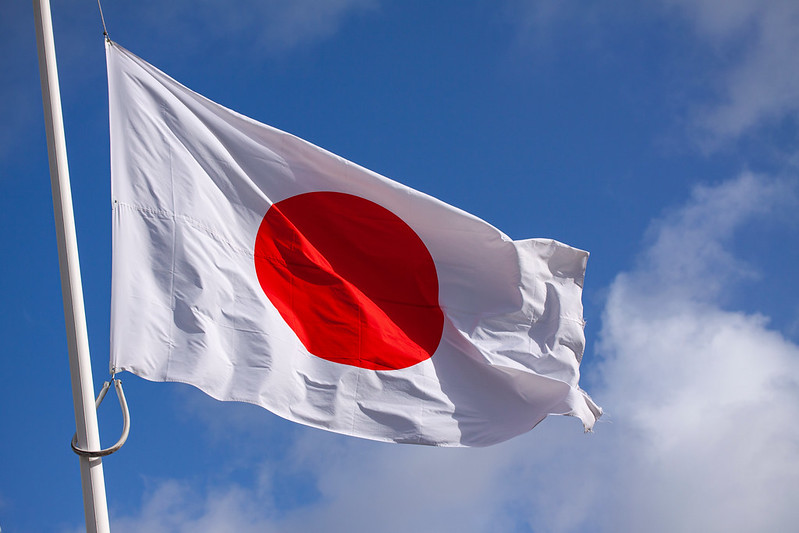Known as the ‘land of the rising sun’, Japan is a popular destination for businessmen, students and travelers looking to get a taste of traditional Japanese culture. Known as “omoiyari”, Japanese culture encompasses being kind, compassionate and considerate towards others, so its no surprise that Japan is a firm favourite with European citizens looking to travel overseas.
This combined low crime rates, delicious food, and picture-perfect scenery (including the signature spring cherry blossom) makes living in Japan a dream for many.
From students eager to learn Japanese, through to young professionals looking to relocate – Japan has something to offer for everyone. Known worldwide for innovation (and toilets!), it’s unsurprising that a number of EU Citizens are looking to relocate to Japan to progress their careers or launch innovative new businesses.
However, whilst many fantasize of relocating to Japan, applying for a work visa can prove a difficult process involving the Japanese administration.
Post Contents
What Are the Types of Japanese Visas?

In order to work in Japan, you must first apply for resident’s status. This is often referred to as a ‘work visa’. Whilst this sounds simple, there are in fact 17 different types of work visas available.
Broadly speaking, there are two variants of working visas suitable for UK residents looking to move abroad: The Highly Skilled Professional visa and the Working Visa.
Highly Skilled Professional Visa: What Is It?
Unsurprisingly, this visa was created to attract the best global talent to Japan and is assessed using a points system. Given that these are made to attract a wealth of talent to the country, they offer more perks than a standard working visa. For Example, they offer dependent visas for spouses, children or even parents, and are granted for 5 years.
After 3 years on this visa, applicants can be moved onto the next tier of visa which allows the applicant to stay in Japan indefinitely.
Working Visa: What Is It?

If you do not fall under the Highly Skilled Professional visa category, then you will require a basic Japanese work visa. These can be granted for periods of 3 months to 5 years and are suitable for a range of professionals including legal experts, journalists, and engineers.
How Do I Apply?
If you’re British, whilst the immigration process can be daunting, it can be achieved with the right know-how.
Much like many other countries across the globe, the first step towards obtaining your work visa is to find a sponsor who is willing to apply for your visa. This can be a company, research facility or even a university or college. Once you receive a formal job offer, your sponsor will apply to the Japanese Regional Immigration Bureau for a certificate of eligibility.
If you are applying for the Highly Skilled Professional visa, there is an additional step involved. As this is granted on a points-based system, you will need to score 70 points or above to be considered. If you are looking to apply for this visa, it’s a good idea to seek out a reputable immigration attorney for the best chance of success.
The immigration process can be overwhelming. But by following these steps and knowing which visa would be most appropriate, you may just be able to make your dreams a reality and experience all Japanese culture has to offer.






























